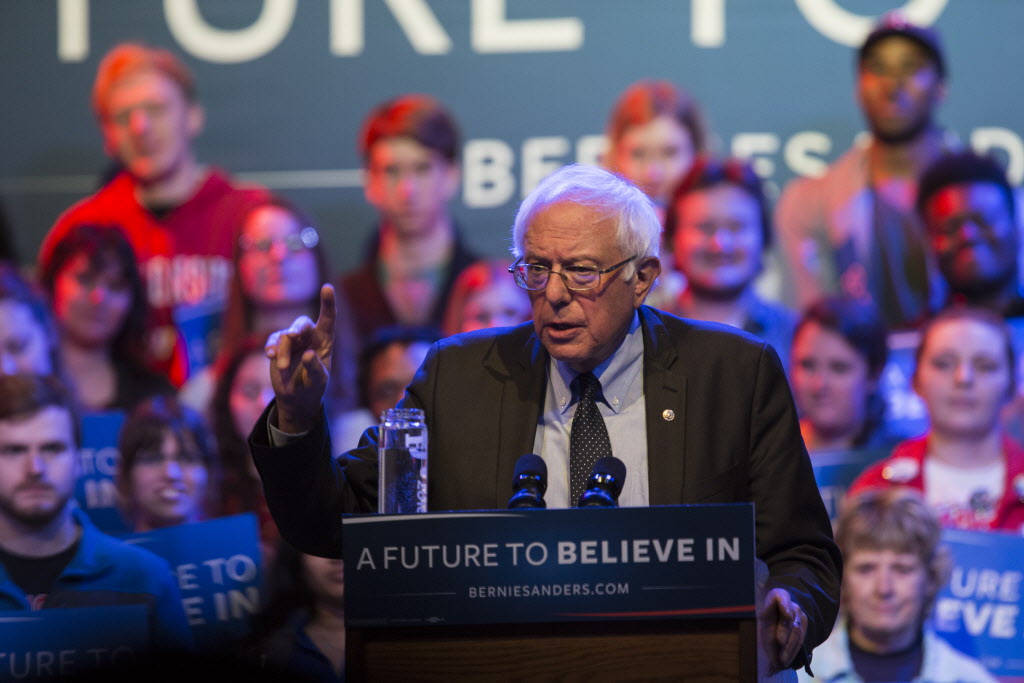By Larry Sandler For WisPolitics.com Despite Vermont Sen. Bernie Sanders’ endorsement of former Vice President Joe Biden, Wisconsin Sanders backers are divided on whether to support the presumptive Democratic presidential nominee. Sanders suspended his campaign April 8, the day after the Wisconsin primary. He endorsed Biden on April 14, the day results were released for the pandemic-plagued ballot...
Please log in to access subscriber content.
If you don't have a subscription, please contact schmies@wispolitics.com for subscription options on the WisPolitics-State Affairs platform, which is the new home for WisPolitics subscriber products.


